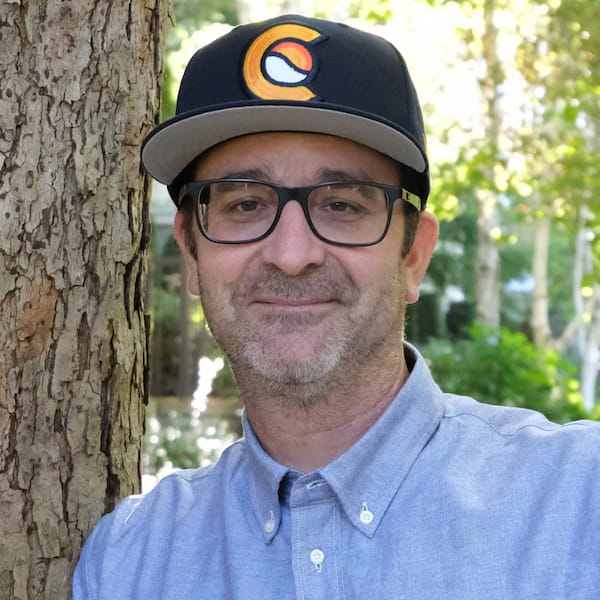
Roberts, Duffy
Lecturer (jointly appointed with the Faculty of Land and Food Systems)
Department of Forest and Conservation Sciences
MacMillan 241
2537 Main Mall
Vancouver, BC V6T 1Z4
Canada
work phone: 604-822-3688
Research Areas:
Education and Pedagogy in ForestryHuman Dimensions of the EnvironmentWriting InstructionWhile I’ve worked for the Forestry and LFS Academic Writing program for the past 5 years, I was hired as a Lecturer in LFS and Forestry in 2021 as part of the Academic Writing and Argumentation and Communications team. Prior to 2021, and since 2005, I was a Sessional Lecturer with Continuing Status in the English Department, specializing in Vancouver literature, and thinking through place-based belonging and home. I’ve spent my career encouraging students to write effectively and think complexly. One of the key elements of UBC’s current strategic plan is “place and promise.” Thomas King claims that “the truth about stories is that that’s all we are.” Northrop Frye thinks that Canadian identity “is less perplexed by the question ‘Who am I?’ than by some such riddle as ‘Where is here?’”, suggesting that if you know where you belong, you know who you are. These three ideas are important because they laterally suggest, when mapped onto the art of teaching, that stories and environment (the place of the classroom) are equally important to effective teaching. Political geographer John Agnew (Cresswell 2004) outlines the three fundamental aspects of place as a ‘meaningful location’, aspects which he calls location, locale, and sense of place. Location: a classroom in MacMillan or the FSC. Locale (“the material setting for social relations”): a classroom with chairs, desks, document cameras, white boards. Sense of place: a teacher’s job is to create that comfortable sense of place for students, to create students’ “emotional attachment” to the classroom. And even when international, Canadian, and Indigenous students all find UBC as “place” to mean different things, I want to make my classroom a place for all students. That’s ultimately my teaching philosophy: learning as home. The primary goal for my courses is to have my students learn how to write for a university audience, the craft of scholarly writing and argumentation in their disciplines, but I also want them to walk into my classroom (their classroom) as if it where home. The story of the “where is here?” and “place and promise” of my composition classrooms is kindness and belonging.